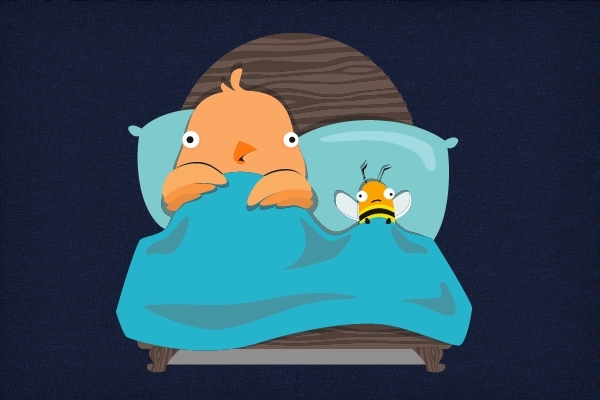#3. Good for the birds and the bees.
Private property rights actually can be beneficial to the environment, as well as conservation. Think of it like this. All of the animals that we have in abundance are the ones that can be legally owned, bought, and sold. But all of the endangered animals are the ones where their trade is illegal. If I’m a sushi restaurant owner, don’t I have an interest in making sure the long term survivability and sustainability of tuna will help me continue to fill my coffers in the future?
When private property rights over nature are strictly defined, we all act to conserve our resources. If I own a parcel of land, I’m incentivized to maintain it. But if it’s public property, then no one has any incentive to care. Think of it like this, if you had a bathroom emergency, would you rather use a public bathroom, or a private bathroom? Why? You know why, because we tend to take care of things better when we own them. It’s the same way for the environment.
“Why was the American buffalo nearly exterminated but not the Hereford, the Angus, or the Jersey cow? Why are salmon and trout habitually overfished in the nation’s lakes, rivers, and streams, often to the point of endangering the species, while the same species thrive in fish farms and privately owned lakes and ponds? Why do cattle and sheep ranchers overgraze the public lands but maintain lush pastures on their own property? Why are rare birds and mammals taken from the wild in a manner that often harms them and depletes the population, but carefully raised and nurtured in aviaries, game ranches, and hunting preserves? Which would be picked at the optimum ripeness, blackberries along a roadside or blackberries in a farmer’s garden? In all of these cases, it is clear that the problem of overexploitation or overharvesting is a result of the resource’s being under public rather than private ownership. The difference in their management is a direct result of two totally different forms of property rights and ownership: public, communal, or common property vs. private property. Wherever we have public ownership we find overuse, waste, and extinction; but private ownership results in sustained-yield use and preservation. Although it may be philosophically or emotionally pleasing to environmentalists to persist in maintaining that wildlife, the oceans, and natural resources belong to mankind, the inevitable result of such thinking is the opposite of what they desire.” Robert J. Smith




